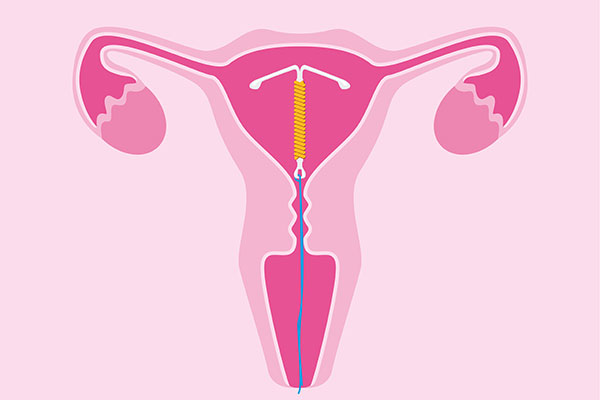The Pros and Cons of an IUD for Birth Control: Is It Right for You?

Choosing the right birth control method is a highly personal decision, and for many women, an intrauterine device (IUD) offers a convenient and highly effective option. At North Pointe OB/GYN in Cumming, we help patients navigate their birth control choices, ensuring they find the method that best suits their lifestyle and reproductive health goals. Whether you’re considering an IUD for the first time or weighing the benefits against potential drawbacks, here’s what you need to know.
What Is an IUD?
An IUD is a small, T-shaped device that is inserted into the uterus to prevent pregnancy. There are two main types:
- Hormonal IUDs (Mirena, Kyleena, Liletta, Skyla) – Release progestin, which thickens cervical mucus and may prevent ovulation.
- Copper IUD (Paragard) – Uses copper to create an inhospitable environment for sperm without hormones.
IUDs are known for being one of the most effective forms of birth control, with a more than 99% success rate, according to the CDC.
The Pros of Choosing an IUD
Many women opt for IUDs because they offer long-term, low-maintenance birth control with additional health benefits.
1. Highly Effective & Long-Lasting
Once inserted, an IUD can last between 3 to 10 years, depending on the type. Unlike daily birth control pills, you don’t have to remember to take it—making it one of the most low-maintenance birth control options available.
2. Reversible & Quick Return to Fertility
Despite its long-lasting effectiveness, an IUD can be removed at any time. Fertility typically returns immediately after removal, making it a great option for women who may want to conceive in the future.
3. Can Lighten or Eliminate Periods
Hormonal IUDs can significantly reduce menstrual bleeding and cramps. Studies show that nearly 20% of women using hormonal IUDs stop having periods altogether (American College of Obstetricians and Gynecologists).
4. Non-Hormonal Option Available
For women who prefer to avoid hormones, the copper IUD (Paragard) provides effective birth control without altering hormone levels.
5. Can Be Used for Emergency Contraception
The copper IUD is the most effective form of emergency contraception when inserted within five days of unprotected intercourse, according to the American College of Obstetricians and Gynecologists.
The Cons of an IUD
While IUDs have many benefits, they may not be the best fit for everyone. Here are some potential drawbacks to consider.
1. Insertion Can Be Uncomfortable
The IUD insertion process takes only a few minutes but can cause discomfort or cramping, especially for women who haven’t given birth.
2. Irregular Bleeding & Side Effects
Some users experience spotting or irregular bleeding in the first few months, particularly with hormonal IUDs. The copper IUD may initially cause heavier periods and cramping.
3. Risk of Expulsion
In rare cases, the IUD may shift or be expelled, especially within the first few months. This occurs in 2-10% of users, often within the first three months (Planned Parenthood).
4. No Protection Against STDs
An IUD does not protect against sexually transmitted diseases (STDs). If you’re at risk for STDs, using condoms in addition to an IUD is recommended.
5. Rare but Serious Risks
While rare, potential risks include perforation of the uterus during insertion (affecting less than 0.1% of users) and increased risk of infection shortly after insertion.
Is an IUD the Right Choice for You?
An IUD is an excellent birth control option for many women, but the right choice depends on individual health needs and preferences. At North Pointe OB/GYN in Cumming, our providers offer personalized consultations to help you weigh the pros and cons based on your medical history and lifestyle.
If you’re considering an IUD, schedule an appointment with North Pointe OB/GYN today to discuss your options and find the best birth control method for your needs.


